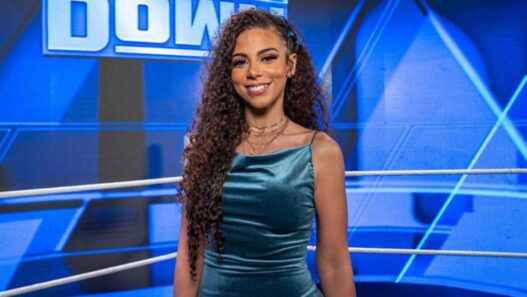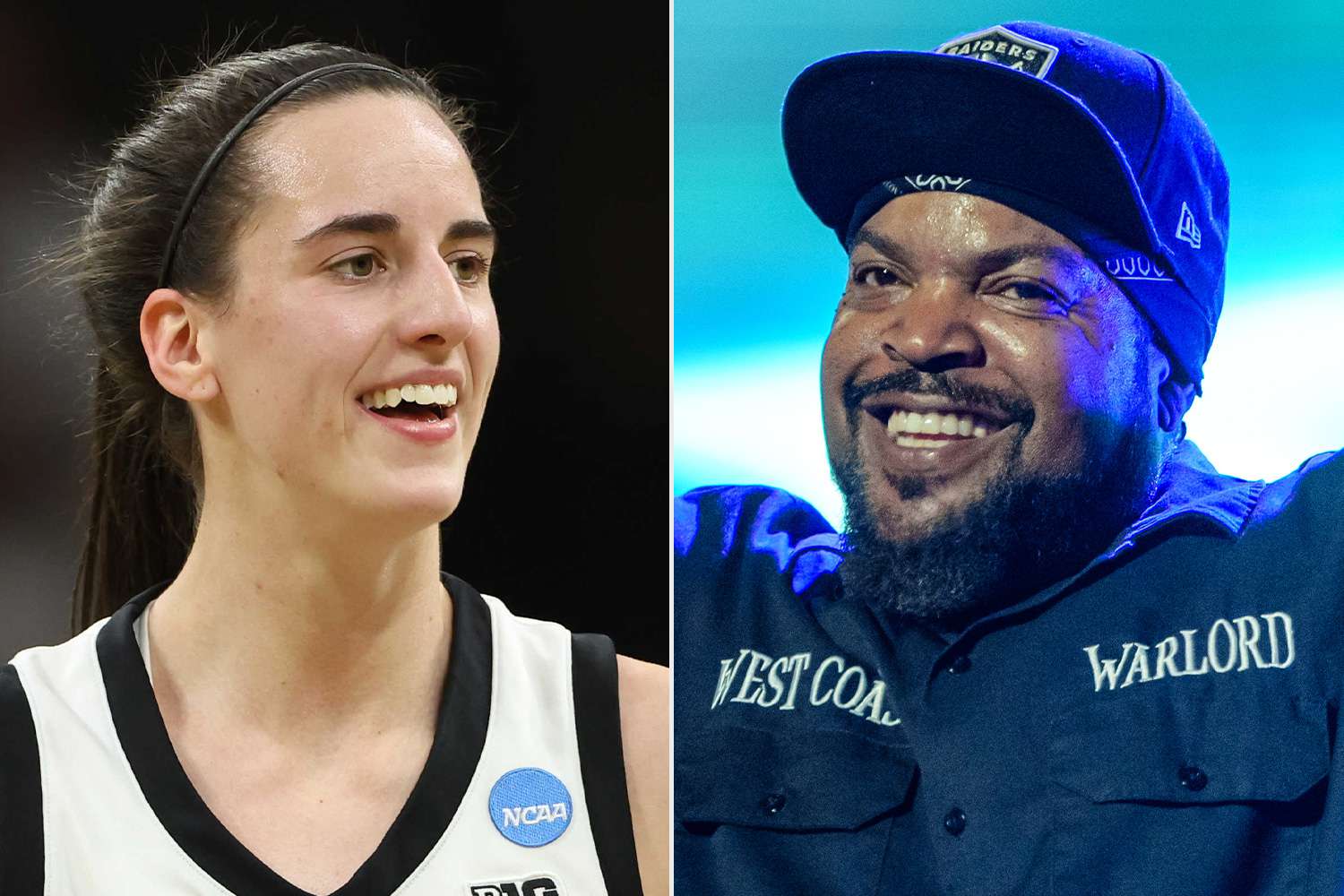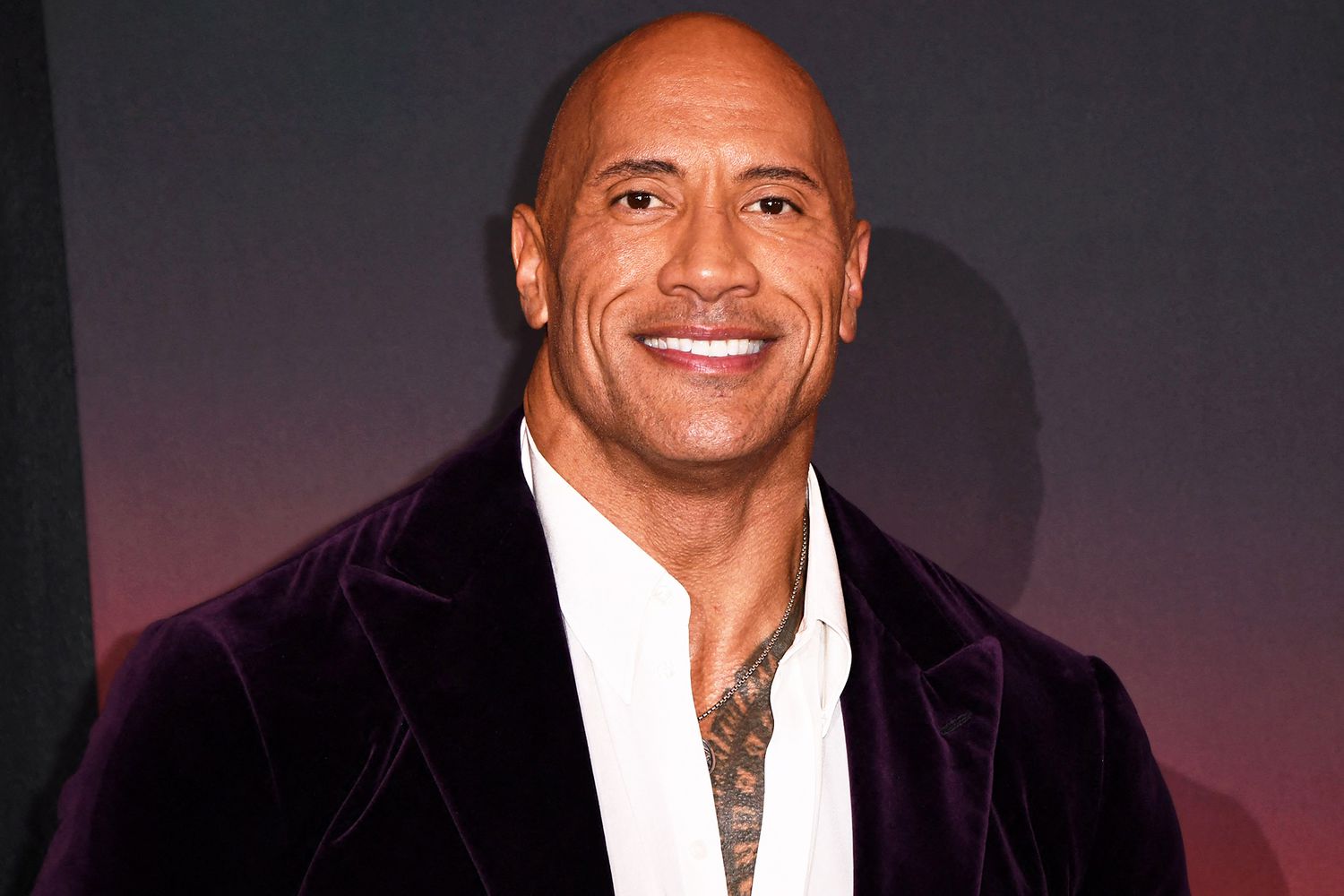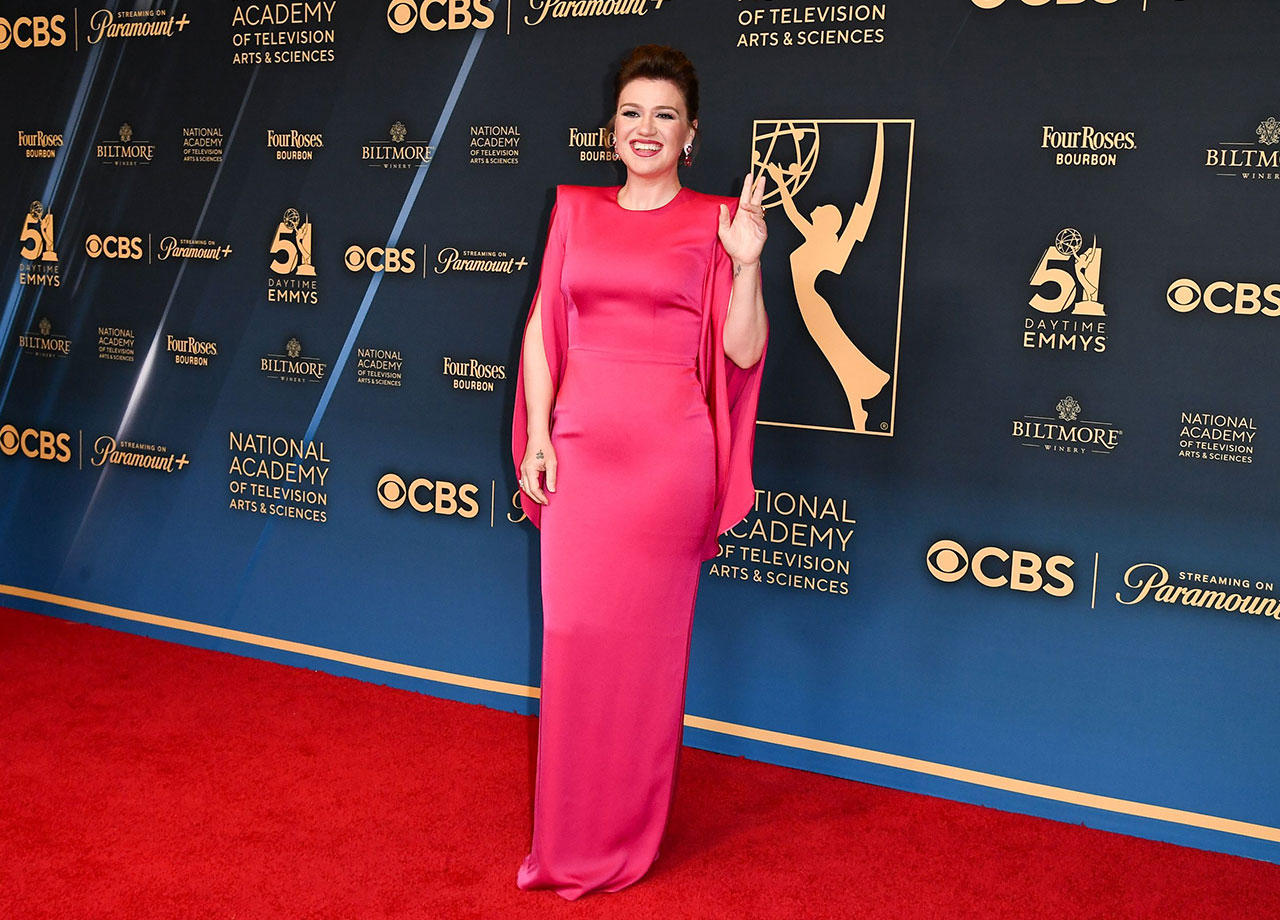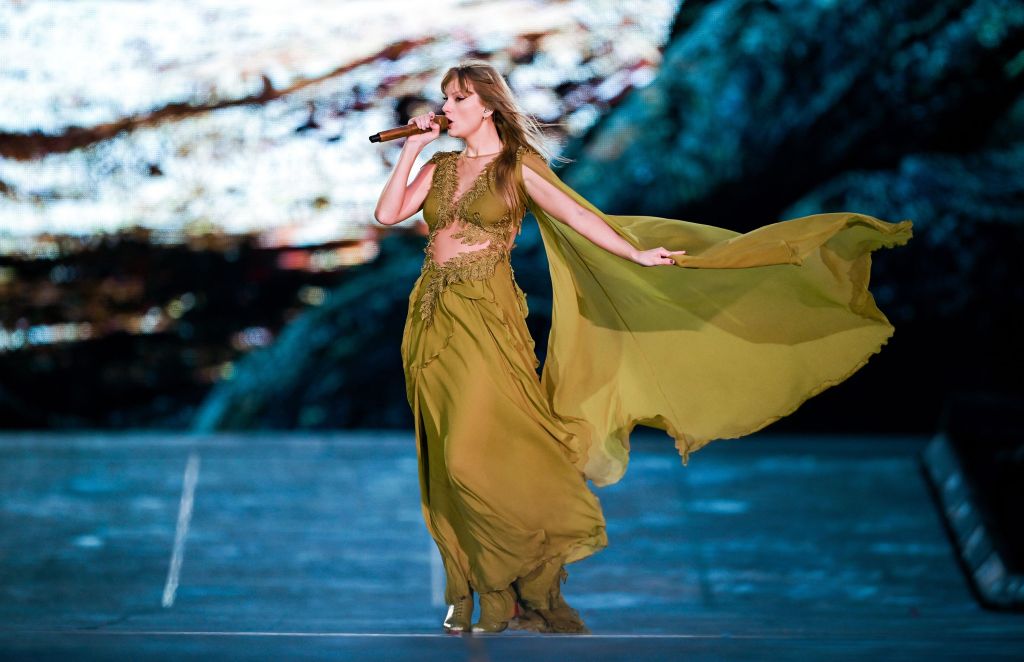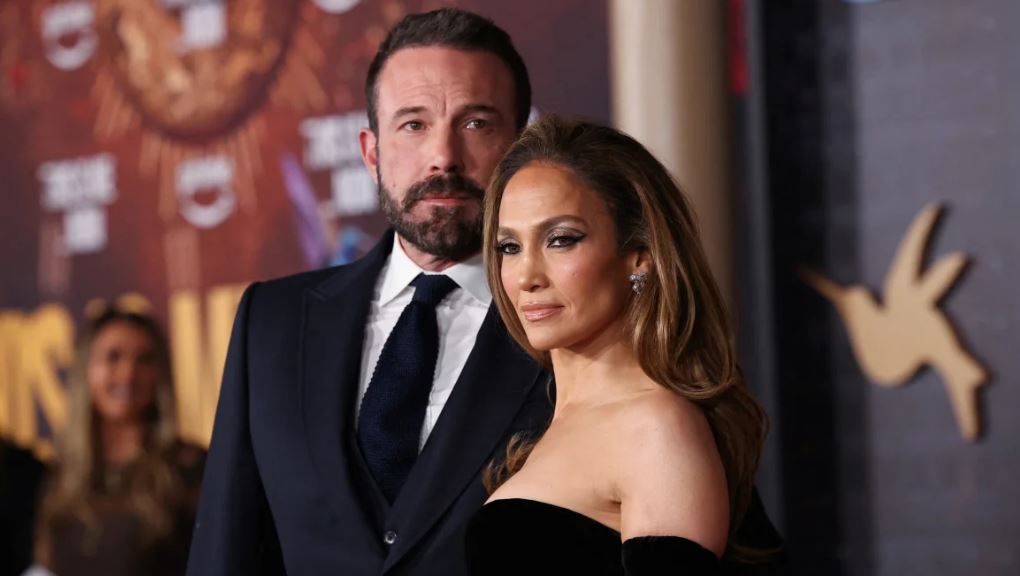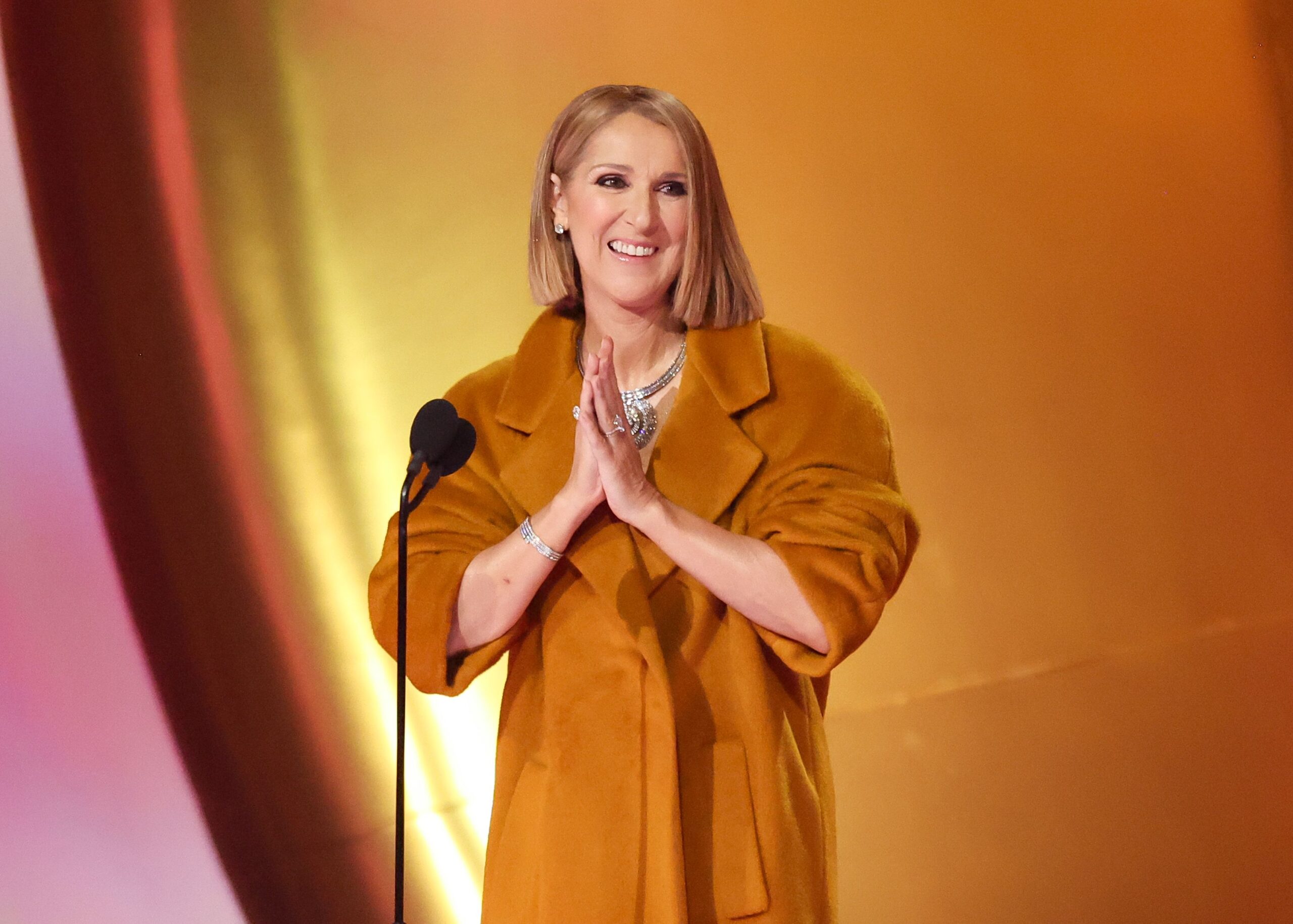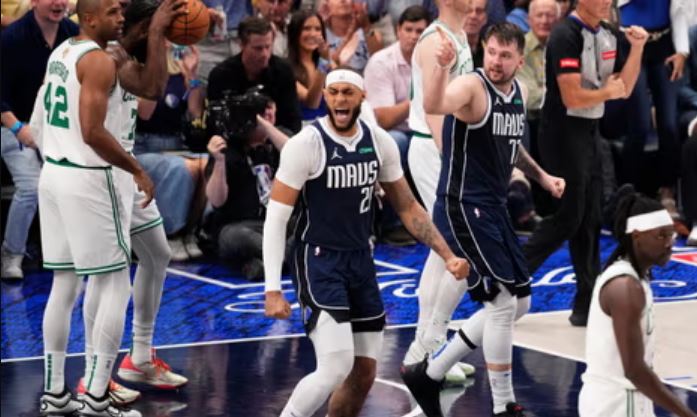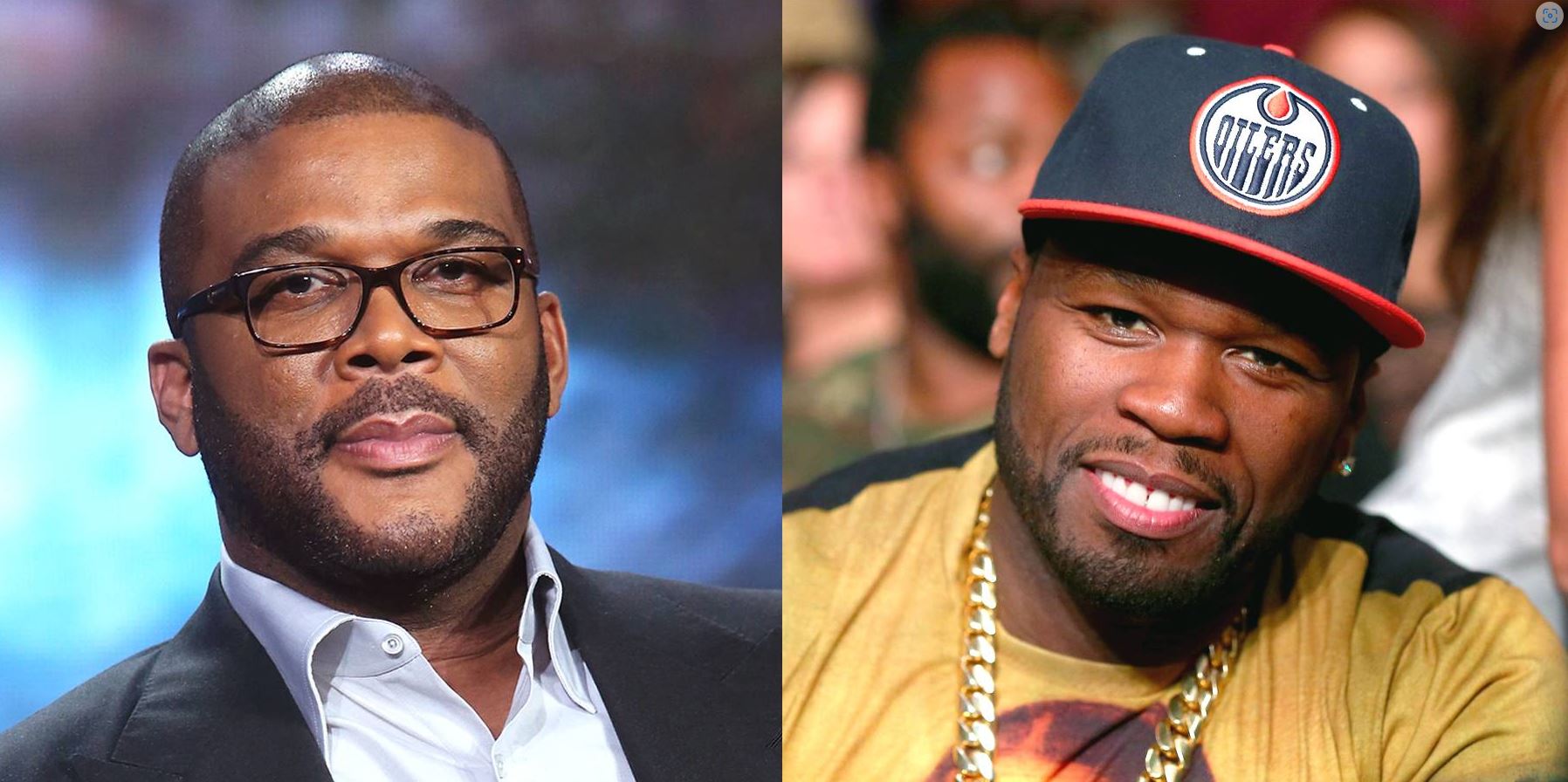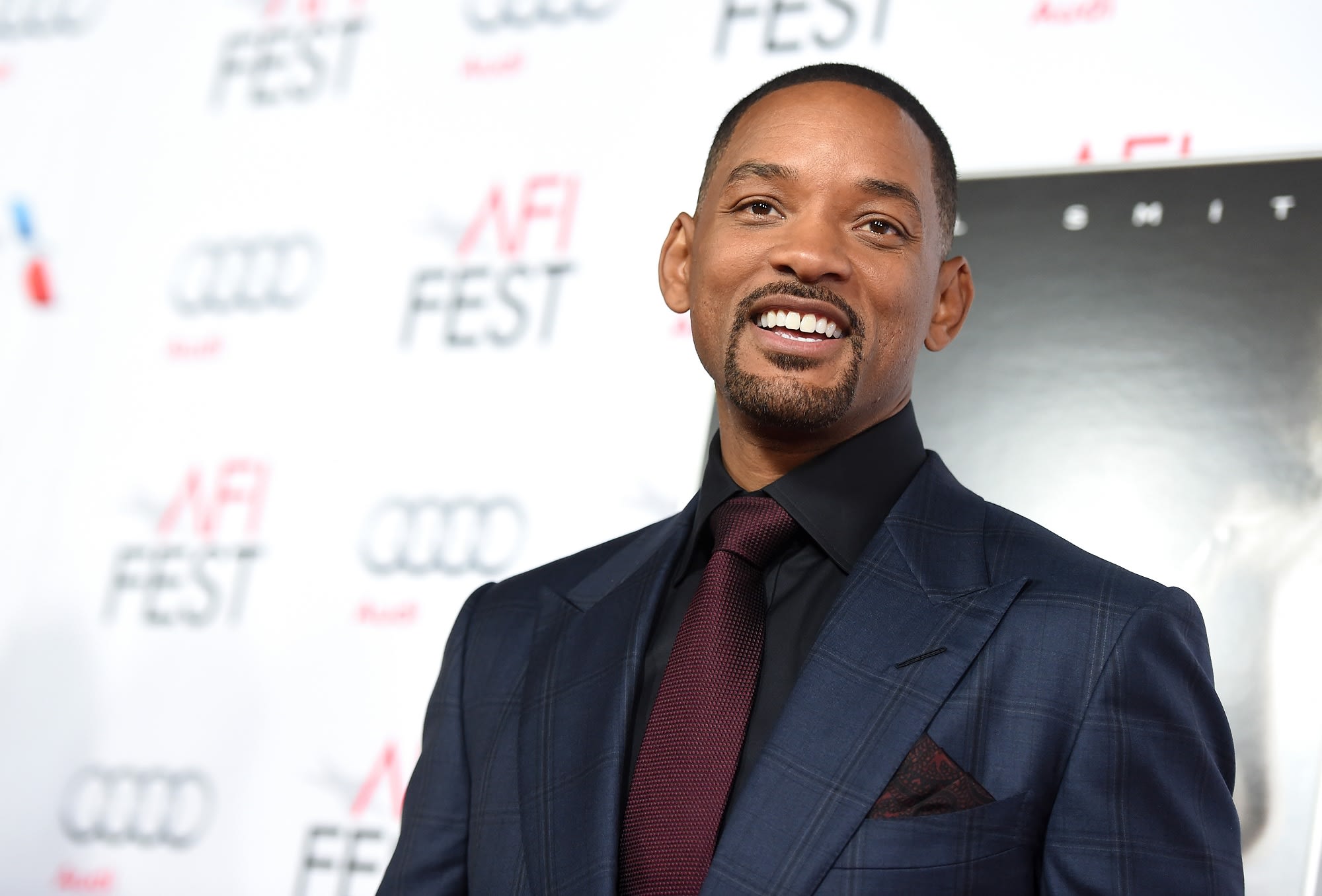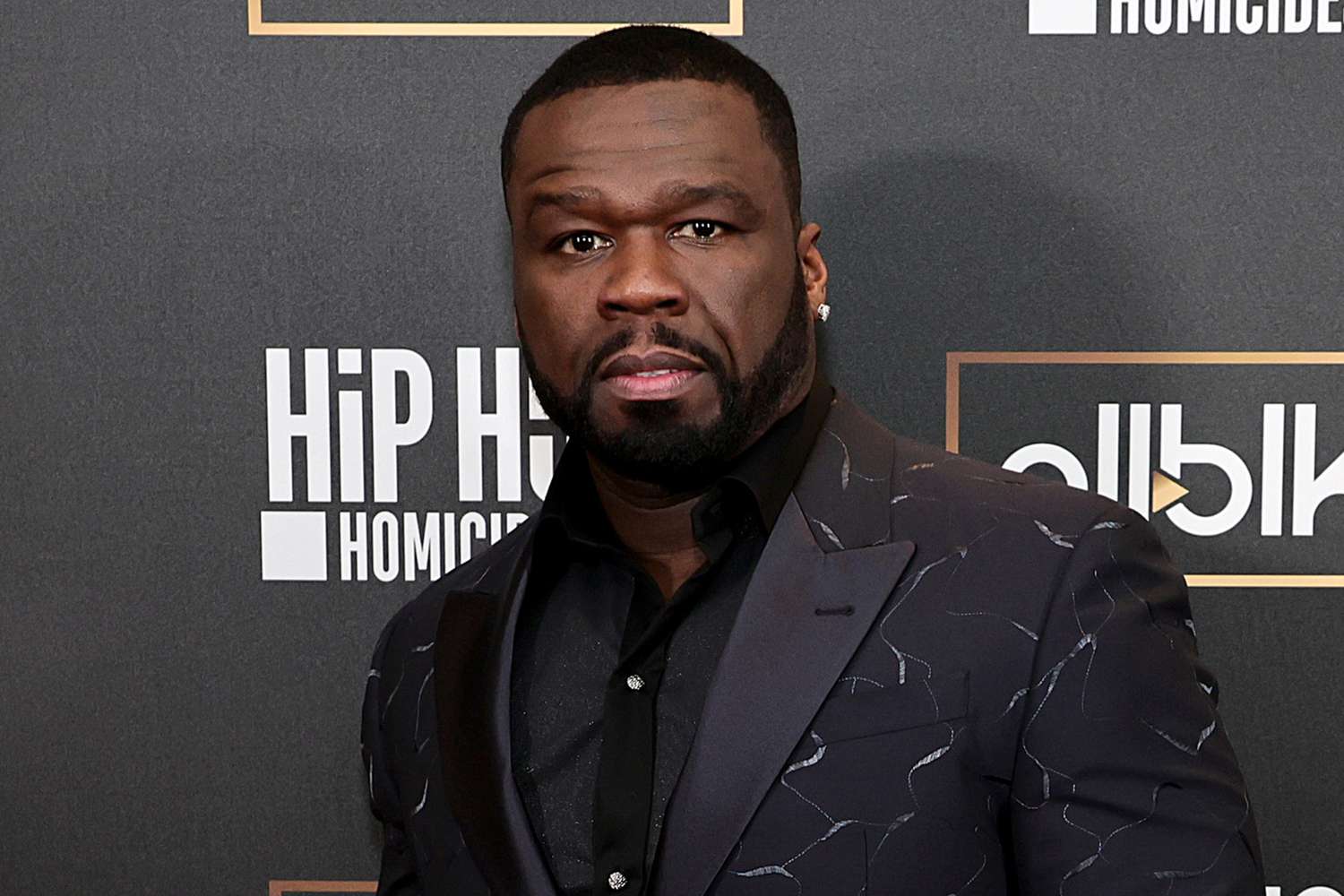Caitlin Clark, the electrifying guard who took the NCAA by storm, faces a unique challenge as she embarks on her professional career. While her talent on the court is undeniable – she was the undisputed No. 1 pick in the WNBA draft – the financial realities of women’s professional basketball paint a different picture. Clark’s standard rookie contract offers a starting salary of just $76,535, rising to around $338,000 over four years – a stark contrast to the multi-million dollar deals commonplace in the NBA [1].
This disparity was thrown into sharp relief when rapper and BIG3 co-founder Ice Cube offered Clark a staggering $10 million contract to join the innovative three-on-three basketball league. The offer, unlike the standard WNBA contract, included a two-year timeframe, merchandising opportunities, and even the potential for team ownership [2].
However, Clark, in a move that surprised many, opted to decline the BIG3 offer. This decision, though seemingly counter-intuitive given the financial disparity, reveals a savvy understanding of the current landscape of women’s professional basketball and the power of personal branding.
Clark has already secured a lucrative endorsement deal with Nike, reportedly worth a staggering $3.5 million annually over eight years [2]. This deal, coupled with potential future endorsements, offers significant financial security that surpasses the immediate riches of the BIG3. More importantly, it allows Clark to focus on building a long-term career in the WNBA, a league poised for continued growth.
The health considerations also played a crucial role in Clark’s decision. The BIG3’s shorter season holds a certain appeal, but it comes at the cost of playing year-round. This grueling schedule could lead to burnout and potentially shorten Clark’s career. Prioritizing longevity allows Clark to maximize her earning potential in the WNBA as the league continues to gain traction and potentially renegotiate salary structures in future CBAs (Collective Bargaining Agreements).
Caitlin Clark’s decision to prioritize brand building and long-term career health over immediate financial gain is a bold move. It signifies a growing trend in women’s sports, where athletes are taking a more strategic approach to their careers, leveraging their talent and marketability beyond just on-court performance. While the fight for salary parity in professional basketball continues, Clark’s story demonstrates the power of building a strong brand and the potential for a bright future in the WNBA.



